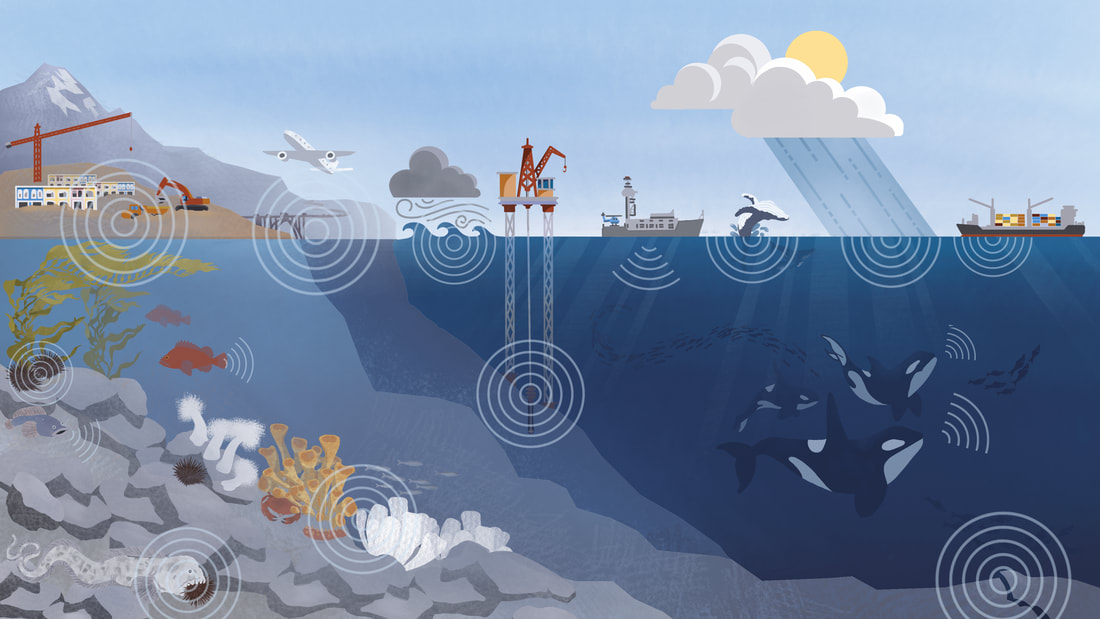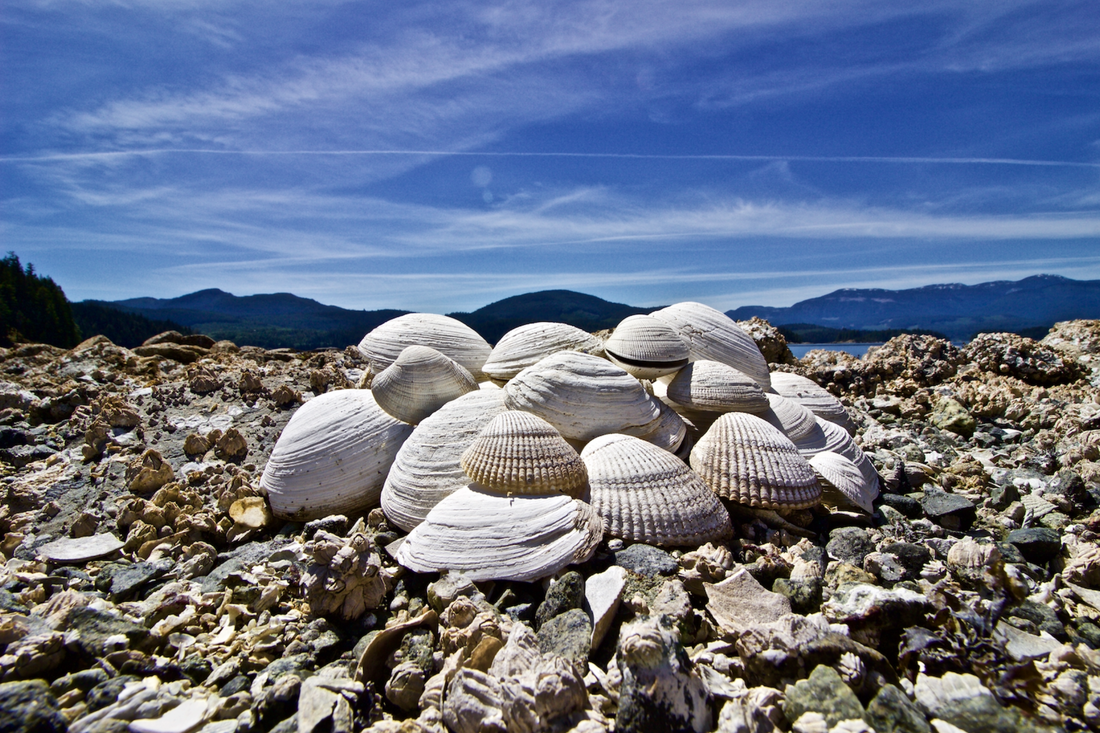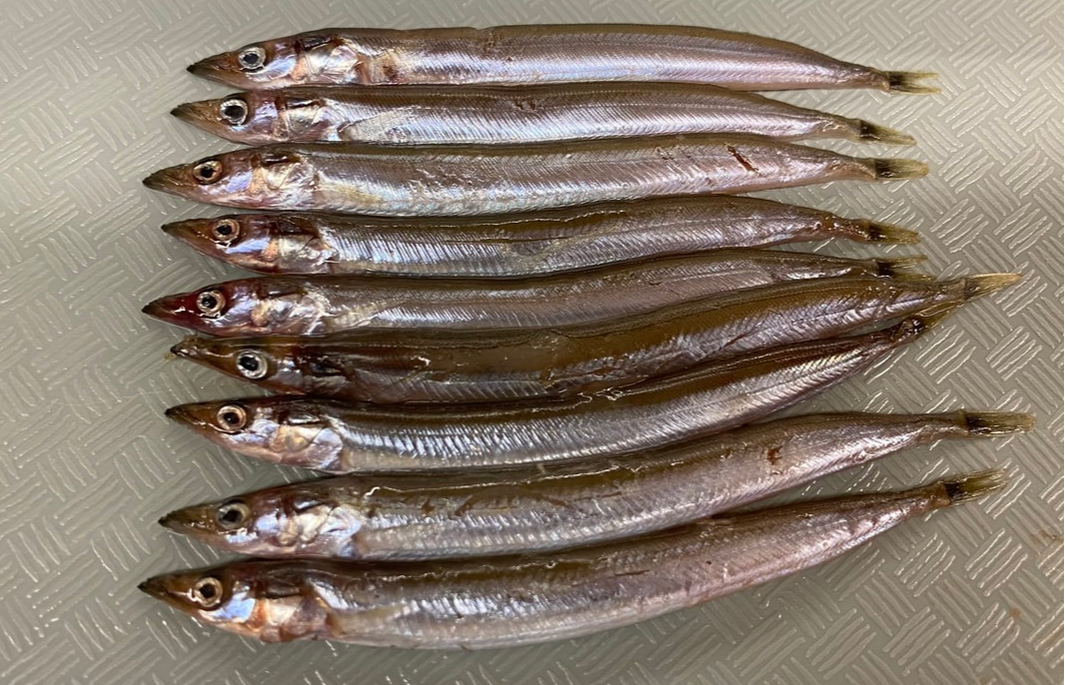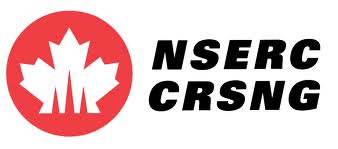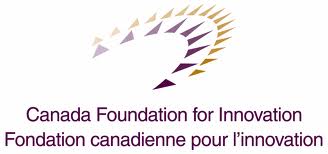The goal of the research in the Fisheries Ecology and Conservation Lab is to conduct fundamental and innovative work in fisheries ecology that tests ecological theory and makes new insights, but which also fills gaps and needs of management agencies. The focus is on quantifying how individuals, populations and communities respond to environmental and anthropogenic change. There are 3 major research themes in the Fisheries Ecology and Conservation Lab. Here I describe these briefly along with a summary of ongoing projects.
|
1) Coastal fish ecology
Coastal ecosystems are changing rapidly due to climate change, multiple uses, and degradation. Yet compared to offshore systems much less is known about how fishes are responding to such changes, especially early marine phase salmonids, a particularly vulnerable stage of life for Pacific salmon. Juvenile stages of most anadromous Pacific salmon use estuarine and near coastal waters extensively after outmigration from natal habitats, as do other juvenile stages of commercially important demersal fishes, such as lingcod and inshore rockfishes. Our research seeks to explore how long-term changes in coastal environments influence recruitment of juvenile fishes including salmon. |
Acoustic Tagging of juvenile chinook salmon. Wesley Greentree (MSc. Student) in collaboration with Pacific Salmon Foundation on the Salmon Bottleneck Project.
|
|
2) Soundscape ecology of coastal ecosystems
The lab focuses on soniferous fishes in both coastal and deep-sea environments. With Rodney Rountree, we use passive acoustics as a tool to examine distribution and habitat use of soniferous fishes, particularly spawning habitat. The goal is to develop the soundscape ecology of the coastal and deepsea communities of British Columbia. The use of passive acoustics has many fisheries implications and represents an innovative approach to ecosystem-based management such as identification of spawning habitats. In addition, passive acoustics can be used to simultaneously study the impacts of anthropogenic sources of noise pollution on marine communities. Our early work on the NEPTUNE observatory used passive acoustics to study sound production in deep-sea fishes. The development of mobile recorders has allowed the expansion of marine soundscape monitoring along the British Columbia coast to study a variety of the marine species. |
|
3) Effects of anthropogenic activities, especially aquaculture, on wild fish and shellfish populations
As global fish catch has leveled off, aquaculture production has continued to increase. This is particularly true in BC where aquaculture activities are an important component of the natural resources economy. However, aquaculture facilities are also likely to have broad impacts on the ecosystems where they exist. Our work takes an ecosystem-based perspective on how current and historical aquaculture activities are impacting wild fish and shellfish populations on Vancouver Island. |
|
4) BC Adult Salmon Diet Program
The BC Salmon Diet program started in 2017 and has collected over 1200 Coho and Chinook Salmon stomachs from the angler community on Coastal British Columbia. Check out the program page. |
Other projects
I’m involved in a variety other projects which include: restoration of the Elwha River (with Anne Shaffer, PhD.), effects of mangrove ecosystems on artisanal fisheries in coastal Colombia (with former PhD student Mauricio Carrasquilla), humpback whale feeding ecology (with PhD student Rhonda Reidy), bluefish early life history (with David Stormer), cod life history and fisheries (with Lou Botsford at UC Davis), tuna feeding ecology (with Jeff Buckel at NCSU), and haddock reproductive biology (with Katie Burchard and Rodney Rountree). I am also collaborating with Dr. Sarah Dudas in Nanaimo to develop an ecosystem-based perspective on how aquaculture activities are impacting wild fish and shellfish populations on Vancouver Island.
I’m involved in a variety other projects which include: restoration of the Elwha River (with Anne Shaffer, PhD.), effects of mangrove ecosystems on artisanal fisheries in coastal Colombia (with former PhD student Mauricio Carrasquilla), humpback whale feeding ecology (with PhD student Rhonda Reidy), bluefish early life history (with David Stormer), cod life history and fisheries (with Lou Botsford at UC Davis), tuna feeding ecology (with Jeff Buckel at NCSU), and haddock reproductive biology (with Katie Burchard and Rodney Rountree). I am also collaborating with Dr. Sarah Dudas in Nanaimo to develop an ecosystem-based perspective on how aquaculture activities are impacting wild fish and shellfish populations on Vancouver Island.
